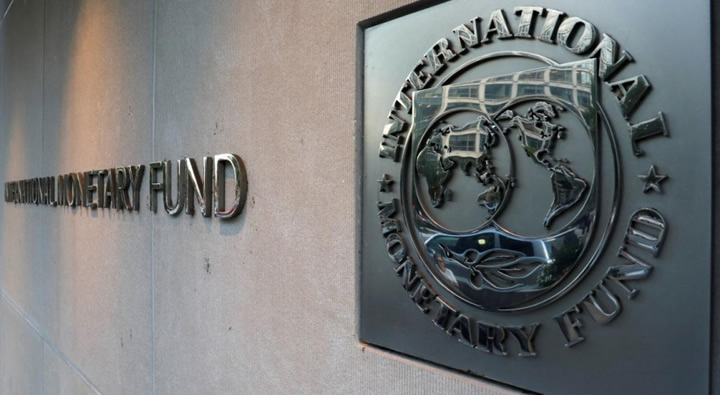
The International Monetary Fund has linked the recent slowdown in foreign direct investment (FDI), especially in developing countries, to divergent trade patterns among countries, with flows increasingly concentrated among geopolitically aligned countries, particularly in strategic sectors. This trend, according to the IMF, would negatively affect emerging markets and developing economies, given their reliance on FDI from distant countries.
The Washington-based lender said geopolitical tensions, such as Brexit, trade tensions between the US and China, and Russia’s invasion of Ukraine posed a challenge to international relations and could result in a policy-driven reversal of global economic integration. The IMF report explained that FDI is cross-border investment that foreign investors use to establish a stable and long-lasting influence over domestic enterprises. Global FDI has decreased from 3.3% of GDP in the 2000s to 1.3% between 2018 and 2022, with foreign inflows into Nigeria falling drastically, decreasing by 77.79% from $23.99bn in 2019 to $5.33bn in 2022. The IMF report also suggested that multilateral efforts aimed at preserving global integration would help reduce the widespread economic costs of FDI fragmentation, while some countries could reduce their vulnerability by promoting private sector development and undertaking structural reforms to attract new FDI.







